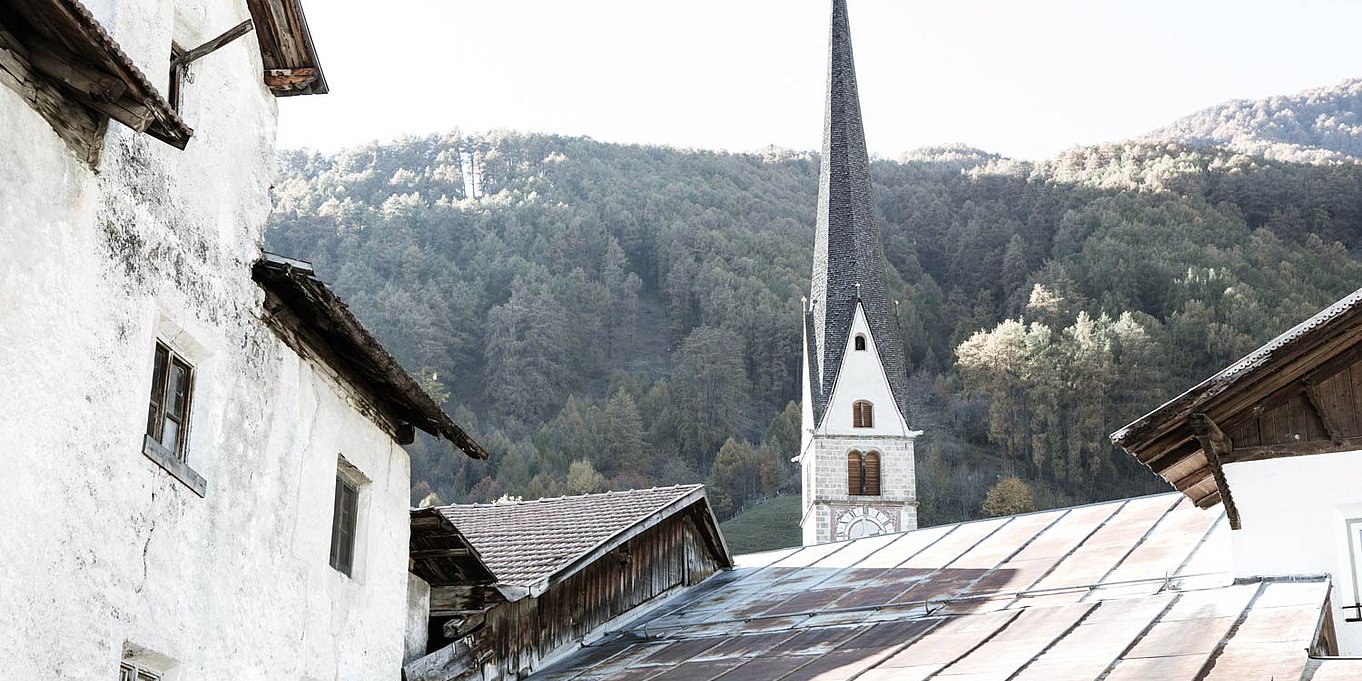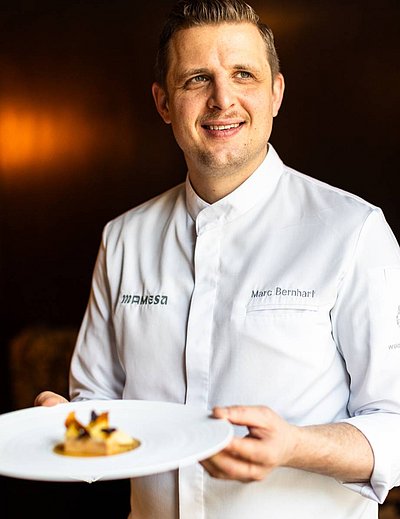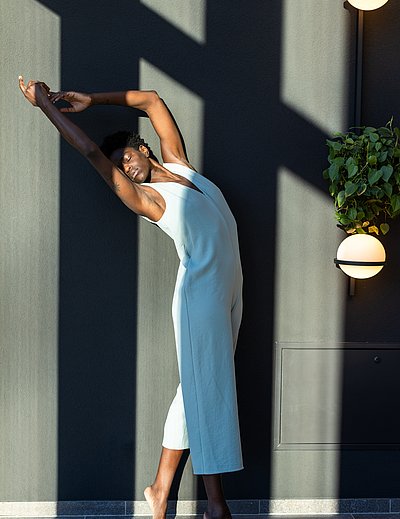The hotel Weisses Kreuz and Mansion zum Löwen are closely intertwined with the history of Venosta Valley. The cultural holiday in South Tyrol is a wonderful expedition through the epochs. It traverses antique trade routes towards Medieval castles and romantic mountain abbeys, telling stories about rich princes, poor peasants and villages drowned in the lake. Every corner in Burgeis is full of history and amazing stories. There are so many. And each of them is worth telling. Upper Venosta Valley is a special place on earth. This area bordered by Italy, Switzerland and Austria was once home to Venosts, Celts and Romans. They all left traces behind. In the language and customs, in architecture and in the landscape.
Cultural holiday in South Tyrol

It was Emperor Claudius who completed this legendary north-south connection around 47 AD. Original conceived as a conquest road by General Drusus, the Via Claudia Augusta soon developed into a vibrant trade route between the Adriatic Sea and Augsburg. Your cultural holiday in South Tyrol will inevitable bring you across the Via Claudia Augusta. As soon as you arrive over the Reschen Pass, you will follow the legendary route across the Alps. Today the Via Claudia Augusta is a joint regional project and a popular biking path.
The whitewashed walls of the Marienberg Abbeyin Burgeis/Burgusio gleam even from a distance. Sitting 1,350 metres above sea level, the Marienberg Abbey is the highest Benedictine abbey in Europe. The impressive building was built in the 12th century at the behest of the noble von Tarasp family. Throughout its varied history, whoever controlled the Marienberg Abbey also decided the fate of the entire region. The museum, opened in 2007, offers a glimpse into the 900-year history of the abbey and its surroundings. The striking Fürstenburg castle belongs to the Marienberg Abbey. It was once residence to the bishops of Chur, the effects of which resonate even today. It was, after all, these princely bishops who once used the Mansion zum Löwen as a warehouse and inn. Today the Fürstenburg is home to a technical college for agriculture and forestry.
The opportunities presented by a cultural holiday in South Tyrol are manifold, and the list of landmarks and places of interest in Upper Venosta Valley is long. The more than forty castles, numerous museums and monuments, the well-preserved small town of Glurns and the paths along the region’s ancient irrigation channels (the “Waalwege”) entice visitors to take a stroll through ages gone by. More recent, darker chapters of history have also left traces in South Tyrol. Mussolini’s Alpine Wall – a bizarre labyrinth of tunnels, bunkers and ramparts – invites visitors to underground explorations on guided tours. Here’s an insider’s tip from our junior director Mara: “The famous church steeple in Lake Resia is an absolute must for anyone on a cultural holiday in South Tyrol.” My favourite destination for an easy excursion is the nearby Lake Haidersee. A calm local recreational area and a paradise for anglers, snowkiters and ice sailors.

